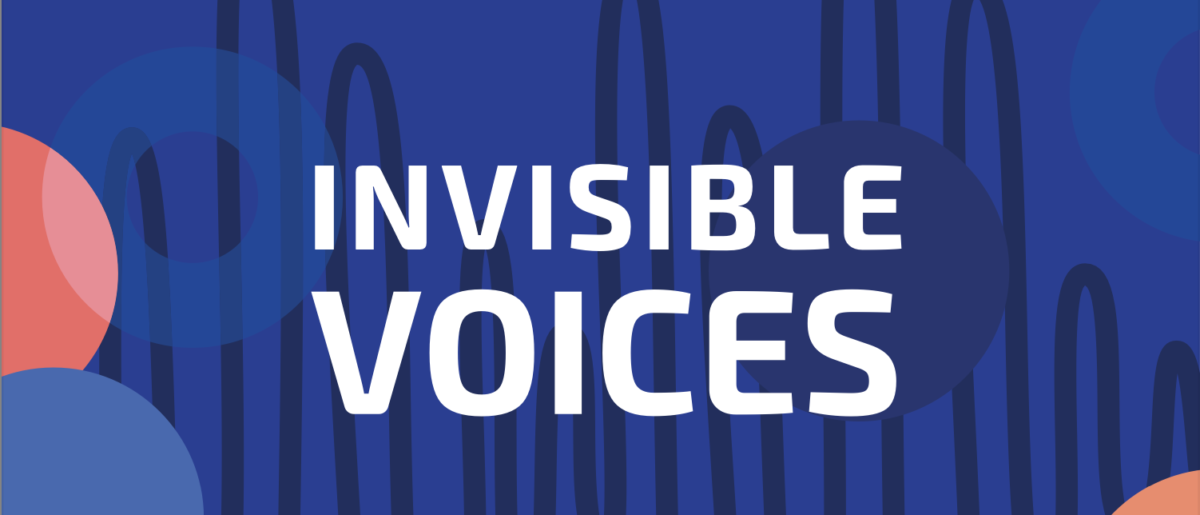The following info release of the independent observer of the Global Fund work Aidspan highlights the LGBT rights violations in Eastern Europe and Asia. The results of a unique study by the Eurasian Coalition on Health, Rights, Gender and Sexual Diversity (ECOM) reported the critical state of respect for the LGBT people`s rights in Eastern Europe and Central Asia (EECA), in particular Ukraine and Moldova.
In its regional report on violations of the LGBT people`s right to health in Eastern Europe and Central Asia region in 2022, “Invisible Voices” ECOM presents the main changes in the legislation of the EECA region on the right to health, it analyzes the number of reported cases of rights violations of the LGBT community representatives respectively, which took place in 2022 in 8 countries of the region, including Ukraine and Moldova.
ECOM experts notice several alarming trends, which are increased by the region’s instability due to Russia’s war in Ukraine and several border conflicts in Central Asia. These deteriorations can be seen when comparing the new data with previous ECOM reports (using the same methodology for recording LGBTQI human rights violations), as it showed no significant improvement in human rights violations.
Data from the REAct system from Ukraine and Moldova were used to prepare the Regional Report. It is worth saying that the most significant number of cases of violations of the right to health and other related rights of the LGBT community representatives was documented in Ukraine (217 cases). In Moldova, the number of reported cases is the lowest (10 cases). However, it can be explained by the different scale and project resources to detect cases of the rights violations of the target group in the countries, as well as other significant limitations, particularly the community representatives` eagerness to report such issues.
Among the most common types of violations in Ukraine can be distinguished:
- hate speech against LGBT people (112 cases),
- physical violence (54 cases), and
- power abuse, including blackmail and threats (42 cases).
In its turn, in the “power abuse” category, two main trends of rights violations can be distinguished: refusal to provide aid to victims and improper behavior of law enforcement institutions. It mainly refers to the military at checkpoints or representatives of the territorial defense.
As for the refusal to provide medical services or medical services of inadequate quality to the LGBT community representatives, 11 cases were registered in Ukraine.
Cases were repeatedly documented when victims were refused access to pre-exposure prophylaxis (PrEP) or post-exposure prophylaxis (PEP), explaining:
- the necessity of a joint visit to a medical institution by partners and their testing with providing the passports to obtain PrEP;
- the possibility of receiving drugs only in the case of a confirming negative result of the HIV test in three months, which contradicts the established country PrEP protocol;
- the possibility to obtain drugs remotely from the city where the victim came from, as well as the prescription of PrEP “for those in need, not for gays”;
- the irrelevance of PEP for the victim, although he was informed about unprotected sexual contact with an HIV-positive man that day.
Among the primary violators of the rights of the LGBT community representatives in Ukraine, we can distinguish citizens in the streets and social networks, including landlords (104 cases of rights violations). However, rights violations by police officers (27 cases) and military personnel (23 cases) remain relevant. Moreover, representatives of the LGBT community systematically face violations of their rights by their close environment – family members, friends, colleagues, employers, and teachers (43 cases of rights violations were documented).
The registered number of rights violation cases in 2022 and the dynamics of previous years indicate that it is necessary to continue targeted efforts to identify and register cases of violations of the rights of LGBT persons. This involves scaling up existing projects, expanding the geography of data collection, and engaging partner organizations that work with different subgroups of the LGBT community. It is also critical to increase awareness and legal education among community members, assist them in filing claims and complaints, and support their efforts to identify and prevent offenses.
Find more information and recommendations in the full version of the report “Invisible Voices” by the link.
REAct project statistics in Moldova.
For more on identified violations of the rights of key communities in the context of HIV/TB and their response, search in the analytical REAct report for 2022.


